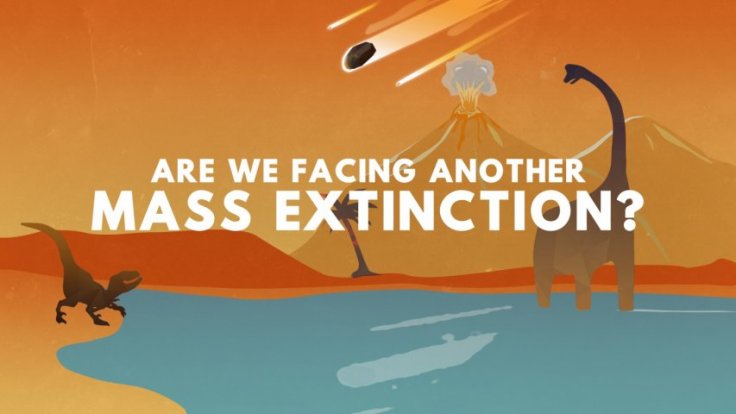
The term 'mass extinction' is commonly used in Hollywood movies associated with asteroid hits or alien invasion. But there are some other scenarios which may also pull earth to barren land in the near future.
International Business Times, Singapore present you three signs that indicate the earth is going to face imminent mass extinction.
Insect Armageddon underway
A recent study report published in the journal Biological Conservation has revealed that the global insect count is plunging drastically. The study report claimed that if this problem remains unaddressed, the ecosystem humans live in may collapse soon.
During the study, researchers found that nearly 40 percent of the insect population is declining, the rate of extinction of these creatures is eight times higher when compared to birds, reptiles, and mammals. Calling it the sixth mass extinction event, researchers revealed that all the insects in the planet will die off if it goes like this in the next hundred years.
Various species under threat of extinction
Apart from insects, several other animals are also on the verge of extinction from the surface of the earth. The Red List managed by the International Union for Conservation of Nature reveals that more than 26,500 species of animals are now under the threat of extinction.
The creatures that are facing the threat of extinction include 40 percent amphibians, 25 percent mammals, 34 percent conifers, 14 percent birds, 33 percent reef corals, and 27 percent selected crustaceans.
The International Union for Conservation of Nature predicts that 99 percent of the critically endangered species and 67 percent of the endangered species will be wiped out from the earth in the next hundred years.
Drastic climate change
Several recent studies have indicated that the earth is facing a drastic shift in climate, and the atmospheric temperature is getting increased year by year. The Antarctic ice melt has also increased, and it will, in turn, elevate the global sea levels.
In the wake of these developments, a study report published in the journal Geophysical Research Letters has revealed that if current emission rates of carbon dioxide continue like this, a planet-wide extinction event will be triggered in the next 140 years.









